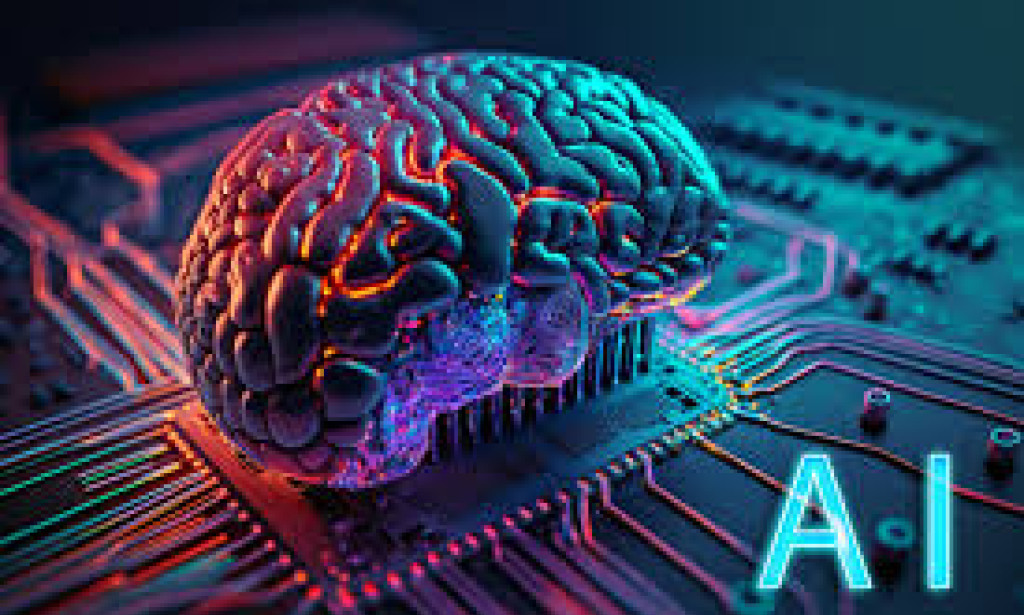Content
Introduction to Artificial Intelligence (AI)
Artificial Intelligence (AI) refers to the simulation of human intelligence in machines programmed to think, learn, and make decisions. Originating as a theoretical concept in the mid-20th century, AI has grown into a multi-faceted field encompassing machine learning, natural language processing, robotics, and computer vision. AI technologies power everyday tools like voice assistants, recommendation systems, and autonomous vehicles.
Applications of AI
1. Healthcare:
AI is revolutionizing healthcare by enabling predictive diagnostics, personalized treatment plans, and efficient drug discovery. For example, AI-powered tools like IBM Watson Health assist doctors in diagnosing diseases more accurately.
2. Education:
AI has transformed learning with adaptive platforms that tailor content to individual needs. Apps like Duolingo leverage AI to provide personalized language learning experiences.
3. Finance:
AI algorithms analyze market trends, detect fraud, and automate trading. Robo-advisors like Betterment provide financial guidance to users without human intervention.
4. Transportation:
Self-driving cars, powered by AI systems such as Tesla’s Autopilot, represent the future of mobility. AI optimizes routes, enhances safety, and reduces traffic congestion.
5. Entertainment and Media:
Platforms like Netflix and Spotify use AI to recommend content based on user preferences. Generative AI tools, such as ChatGPT, are used for content creation and scriptwriting.
Transformative Potential
AI's ability to process vast amounts of data and derive actionable insights is reshaping industries. In agriculture, AI-powered drones monitor crop health, while in urban planning, AI-driven analytics optimize resource allocation. Governments use AI to enhance public services, like predictive policing and efficient tax collection.
Challenges and Ethical Considerations
Despite its benefits, AI raises critical ethical concerns:
Bias in Decision-Making: AI systems can inherit biases present in training data, leading to discriminatory outcomes.
Job Displacement: Automation powered by AI threatens traditional jobs, particularly in manufacturing and services.
Privacy Risks: AI systems often require access to vast amounts of personal data, raising privacy concerns.
Autonomy and Accountability: Decisions made by AI, particularly in critical areas like healthcare or criminal justice, raise questions about accountability.
Future Prospects
AI continues to evolve with advancements in deep learning, neural networks, and quantum computing. Future trends include:
Explainable AI (XAI): Developing transparent AI systems to improve trust and understanding.
Edge AI: Processing AI algorithms on local devices, enhancing speed and security.
Integration with IoT: AI combined with the Internet of Things (IoT) will drive smarter homes, cities, and industries.

You must be logged in to post a comment.